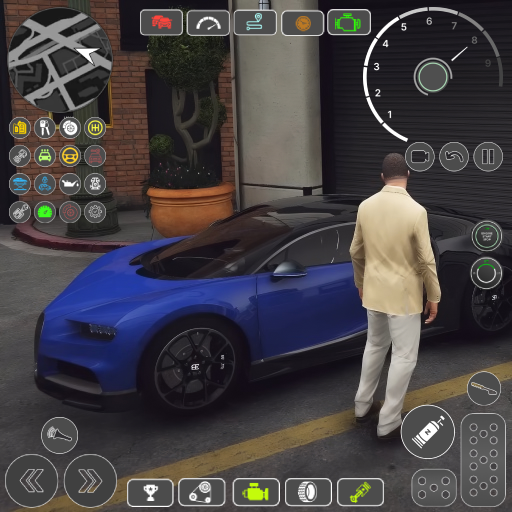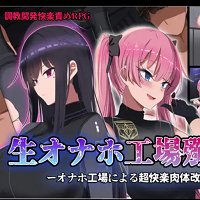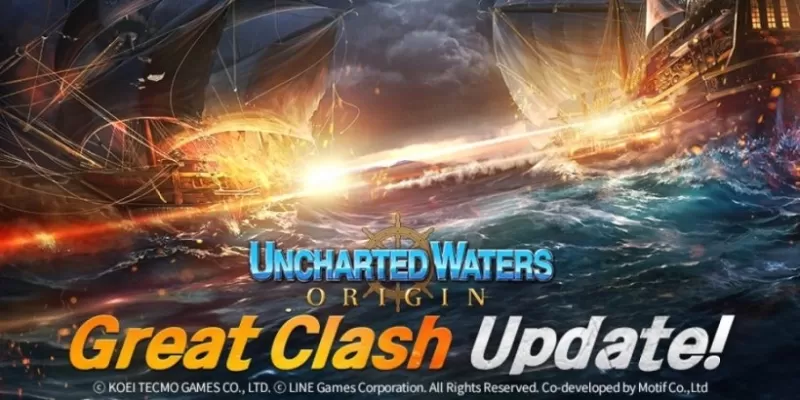Horizon actor Ashly Burch has recently addressed the AI Aloy video that surfaced online, using it as a platform to highlight the concerns of striking voice actors. Last week, The Verge reported on an internal Sony video showcasing technology that used Aloy from the Horizon series to demonstrate AI-powered characters. Despite IGN's request for comment, Sony has yet to respond.
In the now-removed video, Sony Interactive Entertainment's director of software engineering, Sharwin Raghoebardajal, engaged in a conversation with an AI-powered Aloy using voice prompts, AI-generated speech, and facial animations. When asked how she was doing, AI Aloy replied, "Hello, I'm managing alright. Just dealing with a sore throat. How have you been?" The voice was noticeably robotic, akin to text-to-speech generators, and the facial animations were stiff, with lifeless eyes.
The Best PlayStation Character Face-Off
Pick a winner

 New duel
New duel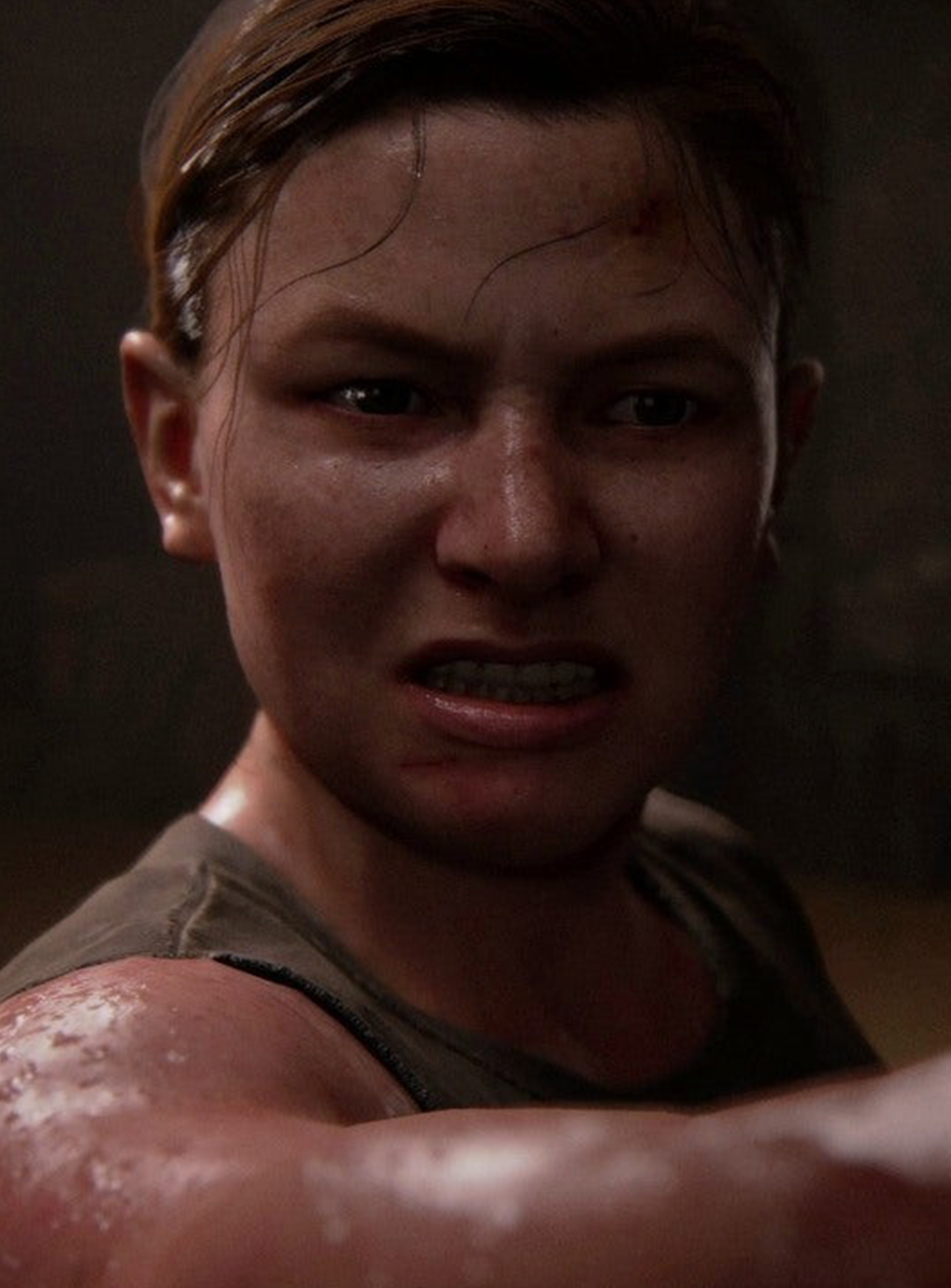 1ST
1ST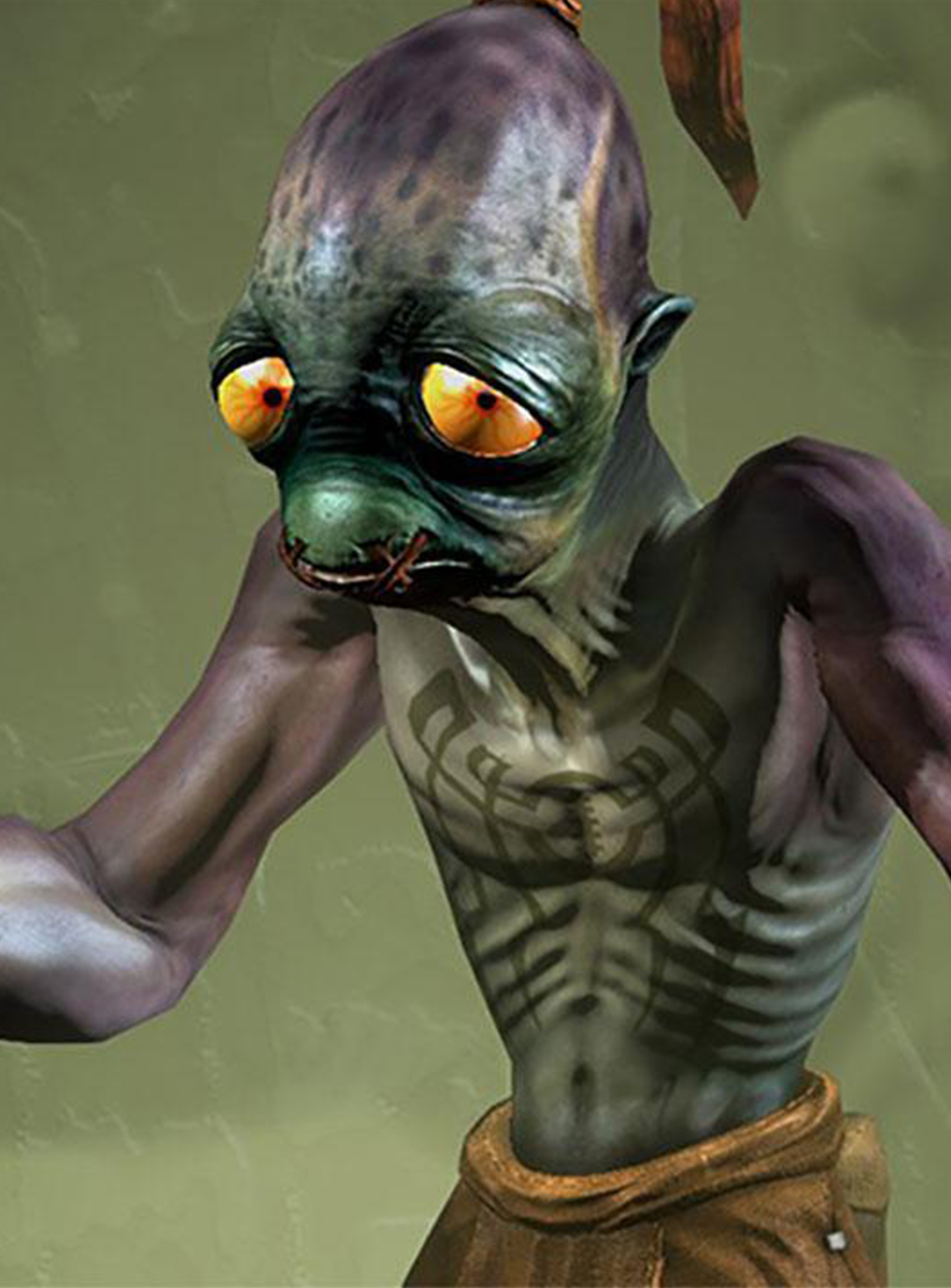 2ND
2ND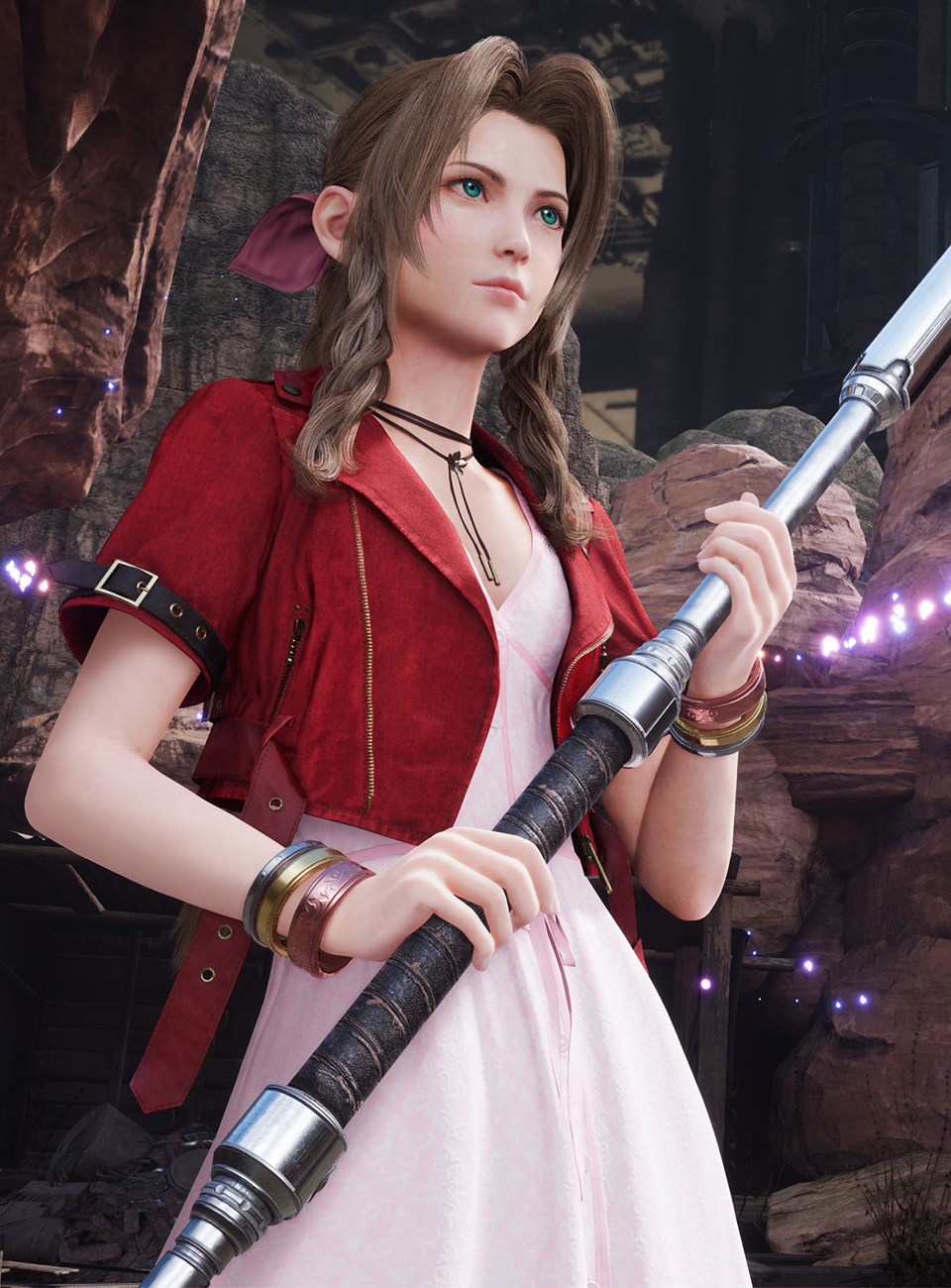 3RDSee your ResultsFinish playing for your personal results or see the community’s!Continue playingSee results
3RDSee your ResultsFinish playing for your personal results or see the community’s!Continue playingSee results
Burch, who has lent her voice to Aloy in all four Horizon games released to date (Zero Dawn, Forbidden West, Call of the Mountain, and Lego Horizon Adventures), took to TikTok to confirm she had seen the video. She noted that Horizon developer Guerrilla had reached out to clarify that the tech demo was not indicative of active development and did not utilize any of Burch’s performance data. This suggests that AI Aloy will not feature in the upcoming Horizon multiplayer game or the anticipated Horizon 3, assuming Aloy is included. However, Burch acknowledged that Guerrilla and Sony Interactive Entertainment own the character of Aloy.
The AI Aloy video prompted Burch to express her concerns about the future of game performance as an art form. She utilized the incident to discuss the ongoing strike by video game voice actors, which has seen significant impacts in recent weeks. The Screen Actors Guild - American Federation of Television and Radio Artists (SAG-AFTRA) recently updated its members on the status of negotiations over AI protections for video game actors, indicating progress but also significant gaps in key issues.
“Currently, what we’re fighting for is consent before creating an AI version of us, fair compensation, and transparency on how this AI double is being used,” Burch explained. She voiced her fear not about the technology itself, but the lack of protections for actors whose performances might be used without consent or compensation. “I want there to be a new generation of actors and incredible game performances. I want to continue doing this job. If we don’t win, that future is at risk,” she said.
Burch emphasized that her concerns were not aimed at any specific company, including Guerrilla. She stressed that the issue lies not with the technology or the desire to use it, but with the industry's refusal to provide the protections that striking voice actors are demanding. “I support the strike and believe fighting is essential to protect the future of this career we all love,” Burch asserted.
She highlighted the availability of temporary union contracts that already offer the protections the actors are seeking, which any video game company can sign immediately. “There’s the interim, the tiered, and low-budget agreement contracts available right now for any game company to sign,” Burch said. “I believe we deserve to be protected.”
@ashly.burch let us speak on AI aloy
♬ original sound - Ashly Burch
blockquote.tiktok-embed[data-video-id='7481742753991314734'] { width: 325px; margin-left: 0; } blockquote.tiktok-embed iframe { border-radius: 8px; }
Generative AI remains a hot topic in the video game and entertainment industries, which have faced significant layoffs. Critics point to ethical and rights issues, as well as AI's difficulty in creating content that resonates with audiences. For example, Keywords Studios attempted to develop an experimental game using entirely AI but reported to investors that the technology was “unable to replace talent.”
Despite these challenges, several video game companies continue to incorporate generative AI into their products. Activision disclosed the use of generative AI for some assets in Call of Duty: Black Ops 6, amid backlash over an "AI slop" zombie Santa loading screen. The voice actor strike has already affected games like Destiny 2 and World of Warcraft, where certain NPCs have been left unvoiced. Late last year, SAG-AFTRA struck against League of Legends after Riot allegedly attempted to undermine the strike by canceling a game. Additionally, Activision confirmed recasting characters in Call of Duty: Black Ops 6 following fan concerns about new voices. Recently, two Zenless Zone Zero voice actors discovered their replacements through the game's patch notes.
Asad Qizilbash, head of PlayStation Productions and head of product at PlayStation Studios, recently discussed the importance of AI in video games, particularly for Gen Z and Gen Alpha gamers who value personalization. “For instance, non-player characters in games could interact with players based on their actions, making it feel more personal,” Qizilbash explained. “This is crucial for younger audiences who grew up digitally and seek personalization and meaningful experiences.”
 Home
Home  Navigation
Navigation






 Latest Articles
Latest Articles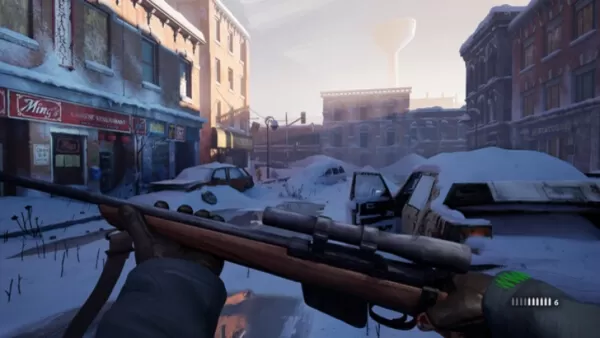
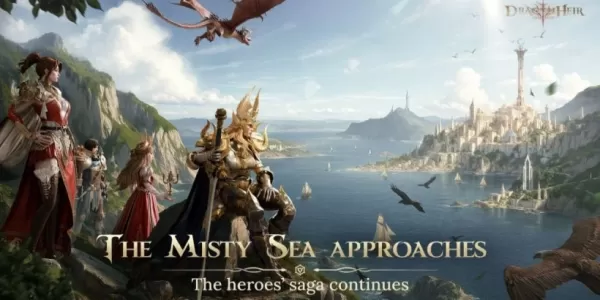
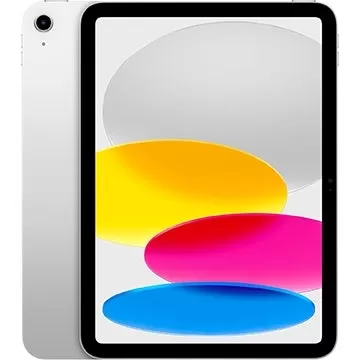


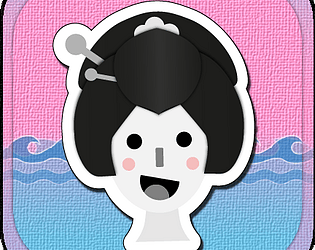


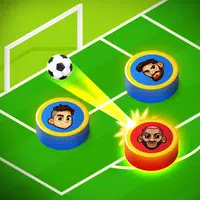
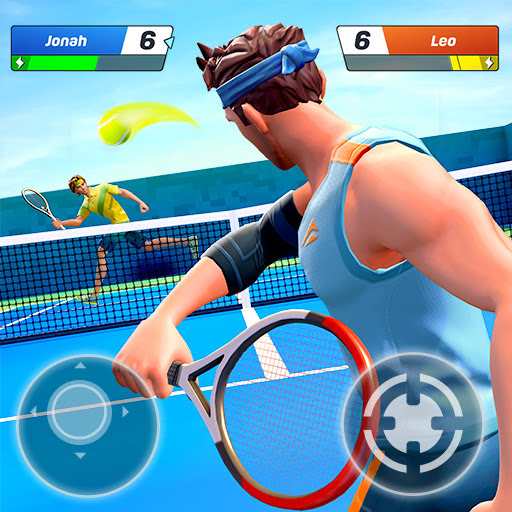

 Latest Games
Latest Games

